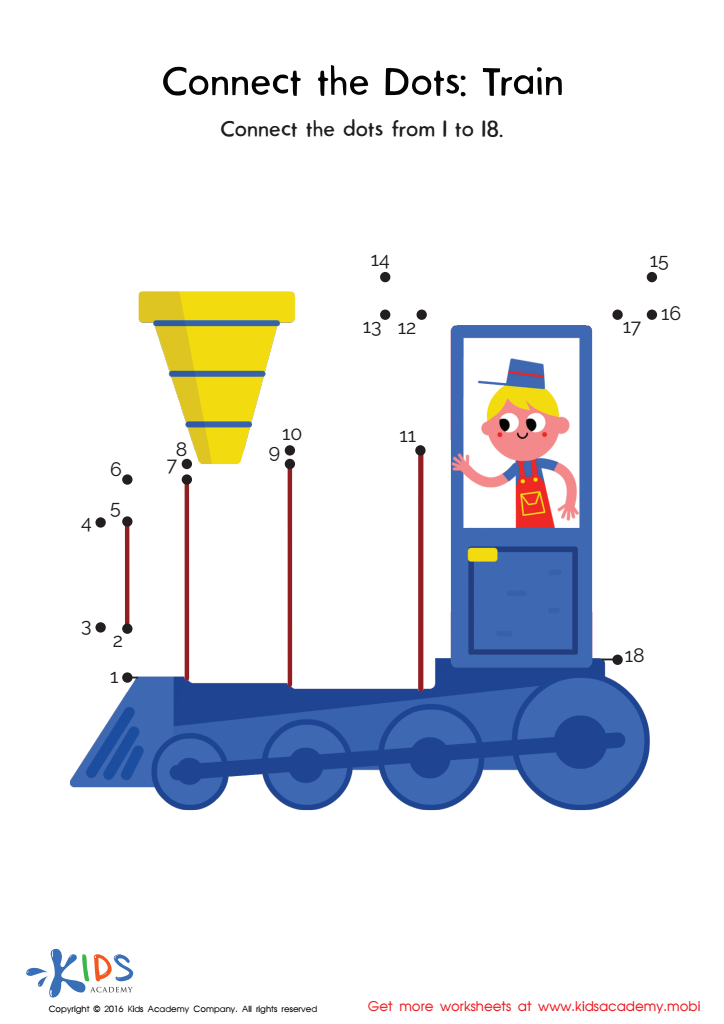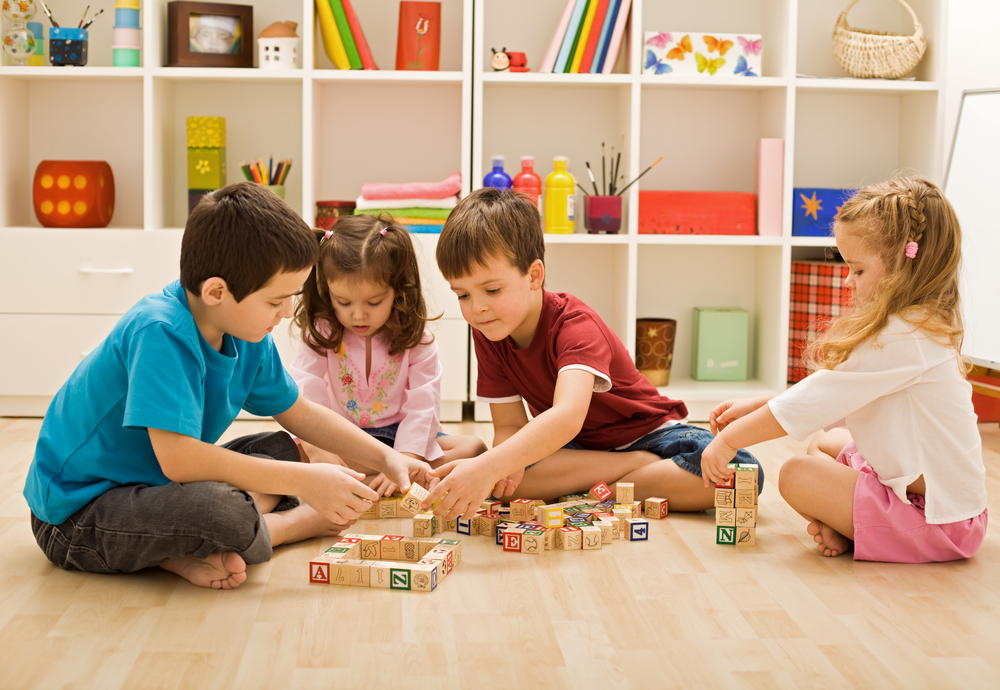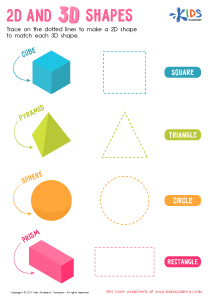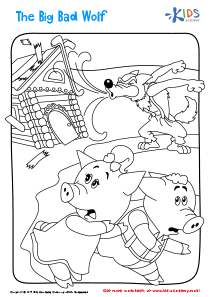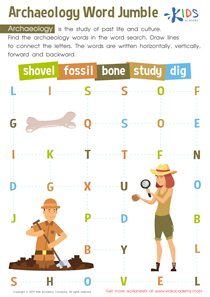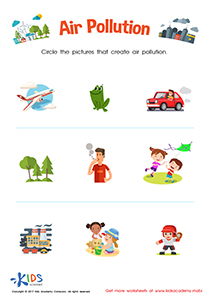Extra Challenge Connecting the Dots worksheets activities for Ages 4-5
3 filtered results
-
From - To
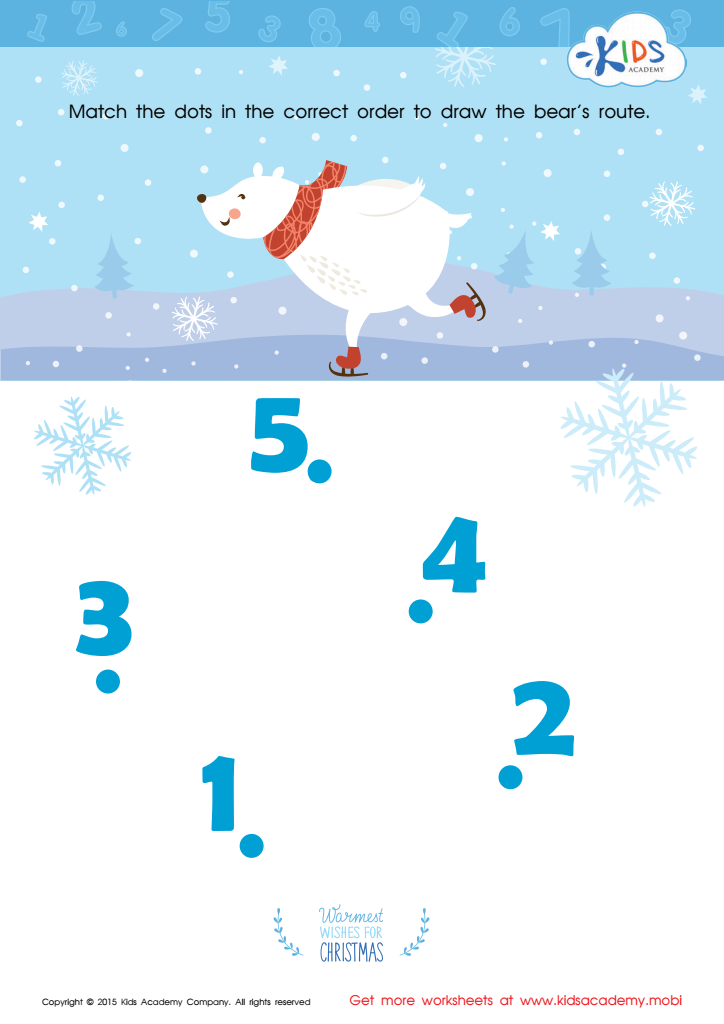

Drawing the Bear's Route by Number Worksheet
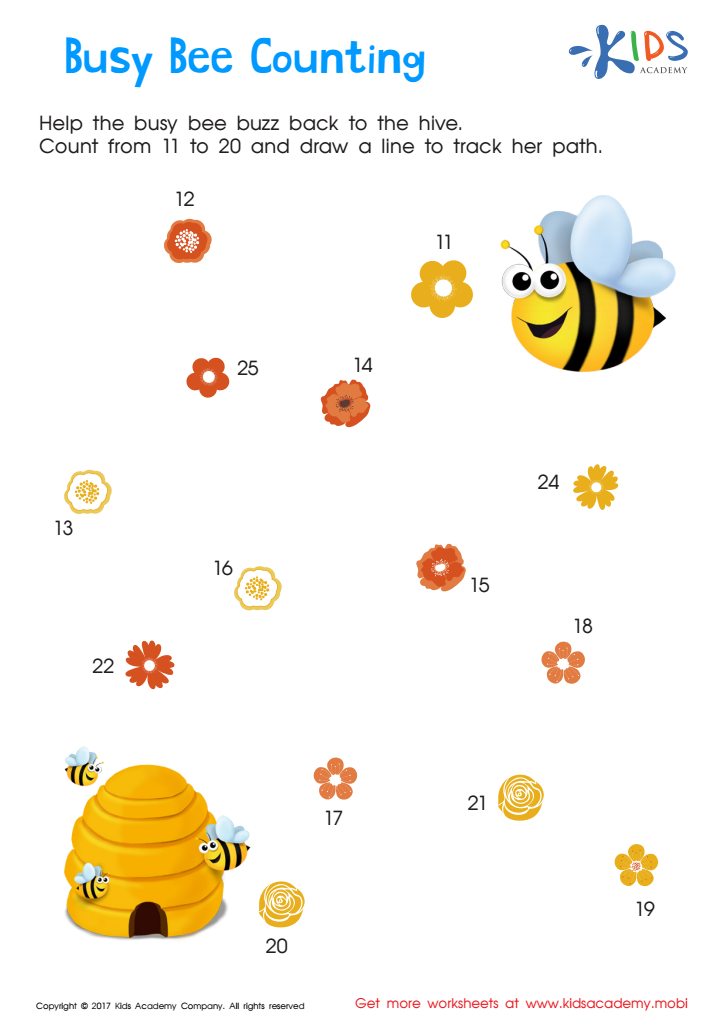

Ordering 11–20: Busy Bee Counting Worksheet
Extra Challenge Connecting the Dots worksheets activities offer a unique blend of fun and education, presenting an excellent way for children to enhance their learning. These activities are not just an engaging pastime but a tool that bridges the gap between understanding and application of various concepts. Here’s why they are incredibly useful:
1. Development of Fine Motor Skills: Extra Challenge Connecting the Dots worksheets activities require children to draw lines between dots, a process that demands precision and control. This activity aids in the refinement of fine motor skills, which are crucial for writing, typing, and other manual tasks.
2. Enhances Number and Letter Recognition: These worksheets are designed to help children recognize numbers and letters in a sequential manner. As children connect dots numerically or alphabetically, they reinforce their understanding of order and sequence, laying a strong foundation for mathematical and linguistic skills.
3. Boosts Cognitive Skills: The challenge presented by these worksheets stimulates cognitive development. Children learn to anticipate patterns and understand the concept of cause and effect as they predict the image that will emerge upon completing the dots. This enhances critical thinking and problem-solving skills.
4. Encourages Patience and Focus: Completing an Extra Challenge Connecting the Dots worksheet requires concentration and a steady hand. Children learn the virtues of patience and focus as they work carefully to reveal the hidden picture. This ability to concentrate and remain dedicated to a task is invaluable in all areas of learning.
5. Offers a Sense of Achievement: The joy and satisfaction children experience when they reveal the hidden image in these worksheets are immeasurable. This sense of accomplishment boosts their confidence and encourages a positive attitude toward challenges, motivating them to tackle more complex tasks with enthusiasm.
In conclusion, Extra Challenge Connecting the Dots worksheets activities are more than just a way to keep children occupied; they are a multifaceted educational tool that promotes a range of developmental skills while ensuring learning remains a delightful experience.
 Assign to the classroom
Assign to the classroom
